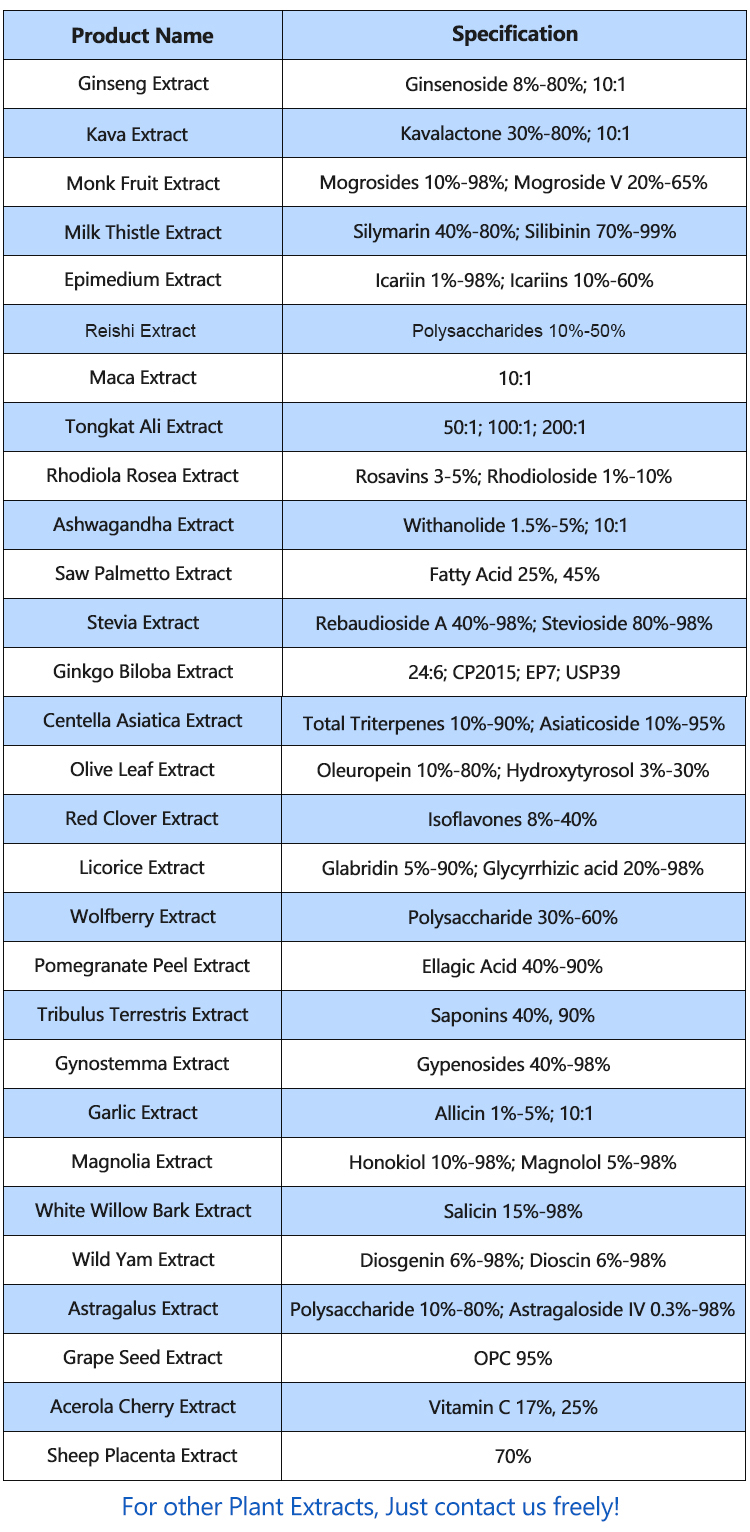Berberine HCl (Hydrochloride) is a natural alkaloid compound found in several plants, including barberry, goldenseal, and Oregon grape. It has been used in traditional Chinese medicine for centuries. Berberine has a wide range of pharmacological actions, and some of the key effects include:

Antimicrobial activity: Berberine exhibits broad-spectrum antimicrobial properties against various bacteria, viruses, fungi, and protozoa. It can inhibit the growth and replication of these pathogens, making it useful in the treatment of various infections.
Anti-inflammatory effects: Berberine has shown anti-inflammatory properties by reducing the production of pro-inflammatory molecules and cytokines. This action can be beneficial in managing inflammatory conditions and supporting overall health.
Antioxidant properties: Berberine acts as an antioxidant, helping to neutralize harmful free radicals in the body. This antioxidant activity can protect cells and tissues from oxidative stress and damage.
Metabolic effects: Berberine HCl is well-known for its potential to improve metabolic health. It can help lower blood sugar levels by enhancing insulin sensitivity and increasing glucose uptake by cells. As a result, it may be beneficial for individuals with type 2 diabetes or those at risk of developing the condition.
Lipid-lowering effects: Berberine has been shown to reduce total cholesterol, LDL cholesterol (bad cholesterol), and triglycerides while increasing HDL cholesterol (good cholesterol). This lipid-lowering action may be beneficial for managing cardiovascular health.
Gut health: Berberine can modulate the gut microbiota, promoting a healthy balance of beneficial bacteria. It may also help in conditions related to gut health, such as irritable bowel syndrome (IBS).
Neuroprotective effects: Some studies suggest that berberine may have neuroprotective properties, potentially providing benefits for cognitive health and neurological conditions.
Anticancer properties: Emerging research indicates that berberine may have some anti-cancer effects. It may inhibit the growth and proliferation of certain cancer cells, although more research is needed in this area.
It’s important to note that while berberine has demonstrated promising pharmacological actions, further research is ongoing to fully understand its mechanisms of action and potential applications. As with any supplement or medication, it’s essential to consult with a healthcare professional before using berberine, especially if you have existing health conditions or are taking other medications, as it may interact with certain drugs.
Application of Berberine HCL
As of my last update in September 2021, Berberine HCL is a compound derived from the plant Berberis vulgaris and has been used in traditional medicine for centuries. It has gained attention in modern times for its potential therapeutic benefits, and several clinical studies have been conducted to explore its applications. However, it’s essential to consult a healthcare professional before using any supplements or natural remedies, including Berberine HCL, as it may interact with certain medications and have side effects.

Some of the potential clinical applications of Berberine HCL include:
Type 2 diabetes management: Berberine has shown promising effects in improving glycemic control and insulin sensitivity in people with type 2 diabetes. It can help lower blood glucose levels and may be considered as an adjunct therapy alongside conventional treatments.
Cardiovascular health: Berberine has been studied for its potential to improve lipid profiles, reduce total cholesterol, lower triglyceride levels, and increase HDL cholesterol. These effects suggest it may be beneficial for individuals with high cholesterol or other risk factors for cardiovascular diseases.
Weight management: Some studies suggest that Berberine may aid in weight loss and the management of obesity by influencing various metabolic pathways and promoting fat loss.
Gastrointestinal disorders: Berberine has demonstrated antimicrobial properties and may be useful in managing certain gastrointestinal infections, such as bacterial diarrhea or small intestinal bacterial overgrowth (SIBO).
Polycystic ovary syndrome (PCOS): Berberine has been investigated for its potential in improving insulin resistance and hormonal balance in women with PCOS, which may have positive effects on fertility and other symptoms.
Liver health: Berberine has shown hepatoprotective effects and may be beneficial in supporting liver function and protecting against liver damage.
Neurological disorders: Some preclinical studies suggest that Berberine may have neuroprotective effects and could be explored further in the context of neurodegenerative disorders, such as Alzheimer’s disease.
It’s crucial to note that while Berberine HCL shows promise in various areas, more research is needed to fully understand its mechanisms of action and to establish its safety and effectiveness for specific medical conditions. Moreover, it’s important to take the appropriate dosage and follow medical guidance to ensure safe use.
